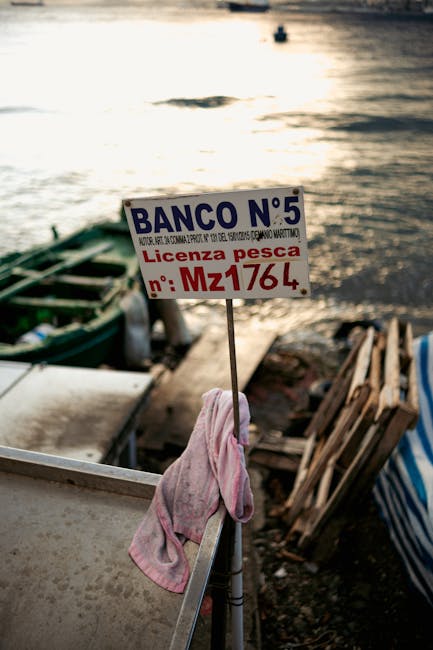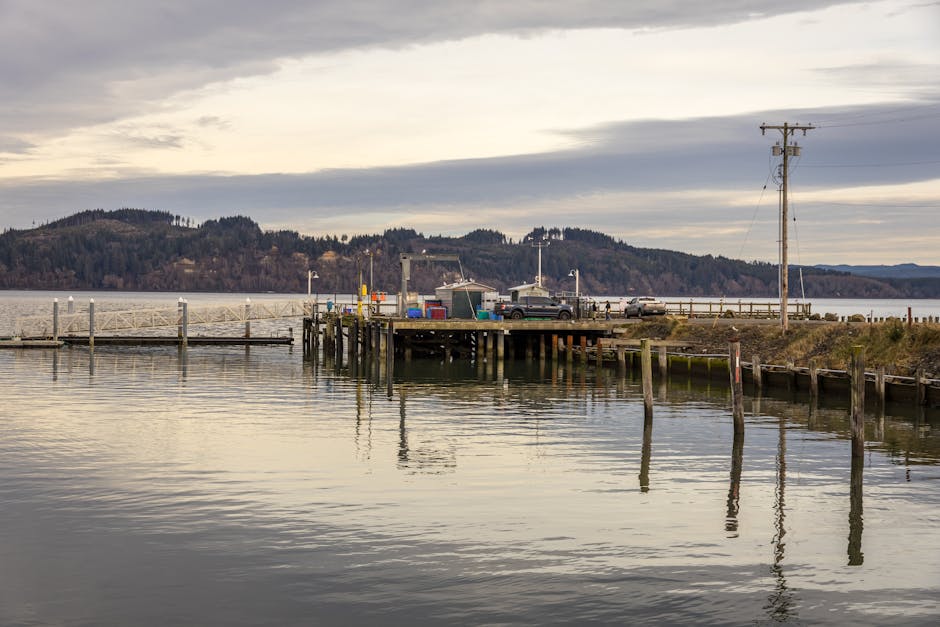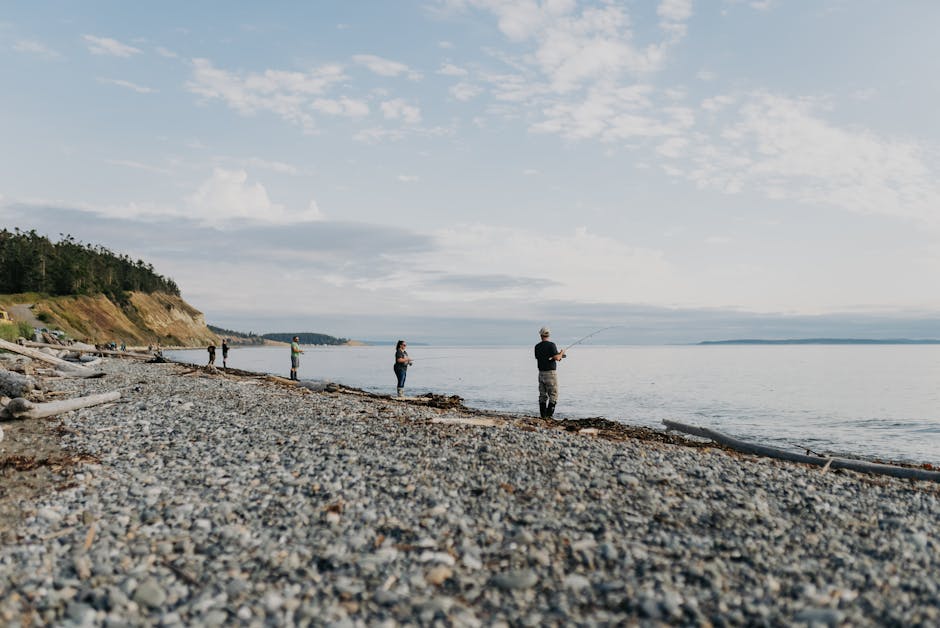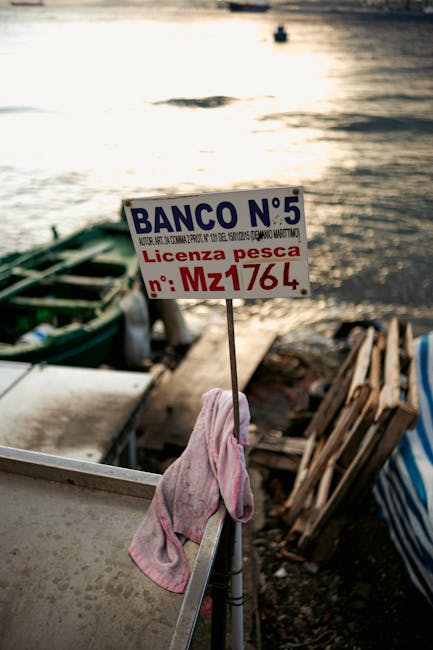Fishing License WA: Your Complete Guide to Washington State Fishing Regulations
Planning a fishing trip in the stunning landscapes of Washington State? Before you cast your line, you’ll need a valid Washington fishing license. This comprehensive guide will walk you through everything you need to know about obtaining, understanding, and complying with Washington’s fishing license requirements. We’ll cover license types, fees, where to buy your license, and important regulations to ensure a safe and enjoyable fishing experience.
Understanding Washington State Fishing Licenses
Washington State’s Department of Fish and Wildlife (WDFW) manages fishing licenses and regulations. The system is designed to conserve fish populations and ensure sustainable fishing practices. Obtaining a license isn’t just a legal requirement; it’s a contribution to preserving Washington’s incredible natural resources for future generations.
Types of Washington Fishing Licenses
- Resident License: For Washington State residents. Proof of residency is required.
- Non-Resident License: For individuals who do not reside in Washington State.
- Combination License: Bundles fishing and hunting licenses for a cost-effective option (for both resident and non-resident).
- Youth License: For individuals under a specific age (check WDFW website for current age limits).
- Senior License: Discounted licenses are available for qualifying seniors.
- One-Day License: Perfect for a short fishing trip.
- Short-Term License: Offers fishing privileges for a longer period than a one-day license, but shorter than a full-year license.
License Fees and Costs
License fees vary depending on the type of license, residency status, and duration. The most up-to-date fee information is always available on the official WDFW website. Checking this website before purchasing your license is crucial to avoid paying outdated prices. It’s important to note that prices are subject to change, so always double-check before purchasing.
Where to Buy Your Washington Fishing License
Purchasing your fishing license is convenient and can be done through several methods:

- Online: The WDFW website offers a user-friendly online licensing system. This is often the quickest and most convenient option.
- In-Person: Many licensed vendors across the state sell fishing licenses, including sporting goods stores, tackle shops, and some grocery stores. Check the WDFW website for a list of vendors near you.
- By Mail: You can also obtain an application from the WDFW and mail it in with payment. This method is generally slower than online or in-person purchasing.
Understanding Washington Fishing Regulations
Beyond obtaining a license, understanding Washington’s specific fishing regulations is crucial. These regulations are designed to protect fish populations and ensure sustainable fishing practices. Failure to comply with these regulations can result in significant fines.

Key Regulations to Remember
- Bag Limits: These limits specify the maximum number of fish of a particular species you can keep in a given day. Bag limits often vary by species and location. Always check the regulations for the specific area you’ll be fishing.
- Size Limits: Many species have minimum and maximum size restrictions to ensure the survival and reproduction of the fish population. Measuring your catch carefully is essential to avoid breaking the law.
- Gear Restrictions: Certain types of fishing gear may be restricted or prohibited in specific areas. Familiarize yourself with any gear restrictions before heading out.
- Seasonal Closures: Some areas or species may have seasonal closures to protect spawning or other important life cycle events. Knowing these closures is essential for responsible fishing.
- Fishing Licenses and Endorsements: In addition to a standard fishing license, you may need specific endorsements for certain activities, like fishing in specific areas or using certain types of gear. Always double-check your license and the specific regulations for your chosen fishing spot.
Resources for Washington State Fishing Information
Staying informed about Washington’s ever-evolving fishing regulations is essential. Here are some valuable resources:
- Washington Department of Fish and Wildlife (WDFW) Website: This is your primary source for the most up-to-date information on licenses, regulations, fishing reports, and more. The website provides an interactive map allowing you to check regulations for specific locations.
- WDFW Fishing Regulations Pamphlet: A printed version of the fishing regulations is often available at license vendors and WDFW offices.
- WDFW Mobile App: Download the WDFW app for easy access to regulations, license purchase, and other useful fishing information on your smartphone.
- Local Fishing Guides and Tackle Shops: These experts often have valuable insights into current fishing conditions and specific regulations for their areas.
Planning Your Fishing Trip in Washington
Once you have your license and understand the regulations, you can start planning your fishing adventure. Research different fishing locations, consider the time of year, and check weather forecasts. Remember to respect the environment and practice catch-and-release when appropriate to help sustain Washington’s fishing resources for years to come. Pack appropriately for various weather conditions and always prioritize safety.

Conclusion
Obtaining a fishing license in Washington State is straightforward but requires careful attention to detail. By understanding the different license types, fees, where to purchase, and importantly, the specific fishing regulations for your chosen location, you can ensure a safe, legal, and enjoyable fishing experience. Remember to always check the WDFW website for the most current information and contribute to responsible fishing practices in this beautiful state.

